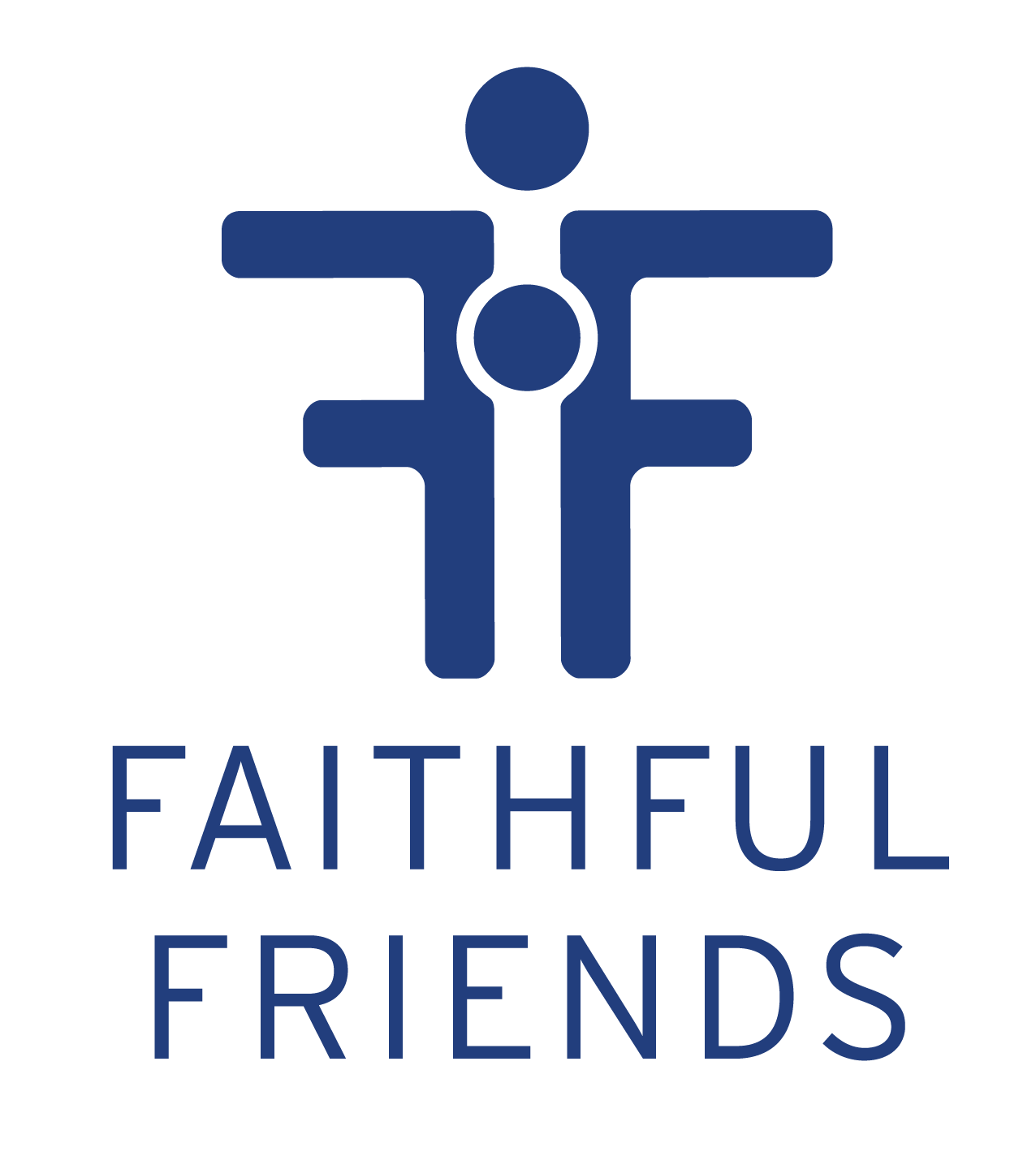A Tale of Two Churches
Faithful Friends partners with many wonderful church families in the Portland area, including The Well Community Church on NE 1st and Schuyler. This historic, yet humble faith and culture powerhouse is owned by Mt. Olivet Baptist Church and dates back to the early 1920s.
As February is Black History Month, we are excited to offer some regional history especially as church member and Faithful Friends staff Chon Armsbury shares about Faithful Friends at this location on Sunday, Feb 13. Several staff, a board member and the largest percentage of volunteers relative to church size (including one of the pastor elders and his family) worships at The Well. (For added context, see the photo below featuring Chon’s mom, Sonja Brooks, in a wedding party on the church steps in 1957.)
Mt. Olivet's historical relevance to Portland's African American community in Lower Albina dates from the early 1920s until the 1970s when urban renewal and municipal disinvestment contributed to the displacement of hundreds of African Americans from the area. At one point Mt. Olivet was the state's largest Black Baptist church in the state.
According to the nomination documents for National Registration of Historic Places, "Mt. Olivet Baptist Church facilitated community-building and supported the Black community in a myriad of ways, and through much of the twentieth century.
The church’s renowned music ministry program fostered Black artistic expression and pride through its public performances of traditional African American spirituals and gospel music. Its social programs, which included church club activities, youth programs, presentations by prominent Baptist leaders, and community health events, all promoted fellowship within the congregation and beyond.” *
Finally, and perhaps most significantly, Mt. Olivet Baptist Church provided critical meeting space for local civil rights organizations, and it hosted many civil rights leaders, labor activists, politicians, and other activists.
A core value of Faithful Friends includes the task of reconciliation. We aim to “pursue equity and unity by pursuing each person’s story and building bridges of understanding” In 2 Corinthians 5 we are told of the new creation, that “God has reconciled the world to himself through Christ and has given us the ministry of reconciliation.” Combined with exhortations from Ephesians 2, we know that the ministry of the people of God is to invite reconciliation to God and, as an expression of this, to one another.
Our core value is thus to pursue reconciliation as the fabric of shalom—wholeness, unity and peace—both among and between those who may or may not worship as we do or look like we do.
We celebrate our leaders of faith, whether paid or in the pews, who shine brightly the examples of biblical reconciliation from Mt. Olivet and the phenomenal partnership of The Well Community Church.
Images include: 1) undated photo of Mt. Olivet courtesy of a private collection from Mt. Olivet Baptist Church, 2) Reverend J. James Clow, pastor of Mt. Olivet Baptist Church from 1936 to 1963. Oregon Historical Society Davies Family Research Library, 3) Reverend John H. Jackson, pastor of Mount Olivet Baptist Church from 1964 to 1987. Portland Community College Digital Archives., 4) private family photo submitted by Chon Armsbury featuring his mother, Sonja Brooks, standing at top of the church steps at a wedding in 1957, 5) visit PDXScholar for a 1950 NAACP photo
Outdoor service, summer 2016
Chon & CJ, Feb 2022
Interested in learning more?
Visit this link to read more about the history of the church, as well as learn about two other black-owned businesses that were nominated at the same time as Mt Olivet to the National Registry of Historic Places. There is also an article from Portland Monthly “By the Grace of God“ that looks at local African American churches from a modern day lens. Check out this video below…
*Thanks to Caitlyn Ewers, Matthew Davis, and Kimberly Moreland for preparing the detailed documents nominating Mt Olivet for official historical preservation.







